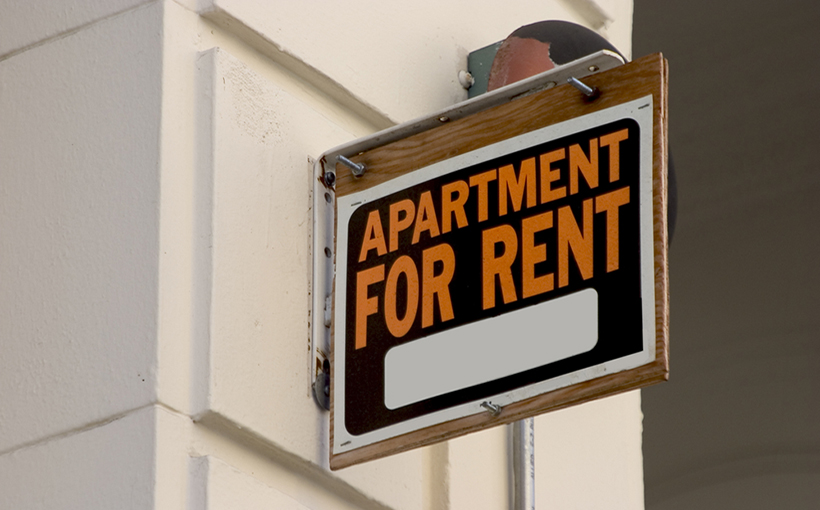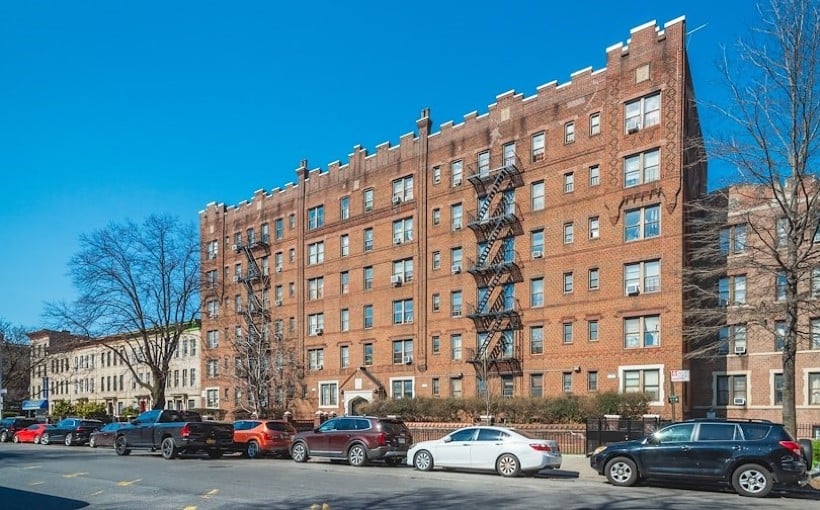The Rent Guidelines Board has recently announced rent increases for New York City’s extensive portfolio of nearly 1 million rent-stabilized apartments. The approved rates stand at 2.75 percent for one-year leases and 5.25 percent for two-year leases, following a contentious meeting that resulted in protests and arrests.
Tenant activists demanded a freeze on rents due to the city’s low rental vacancy rate, while landlord representatives argued for higher increases to cover their rising operating costs. According to data from Moody’s CRE, market-rate units in New York had an average asking price of $4,120 in Q1 2024 – equivalent to a staggering 57.1% of annual household income – making it the highest rent-to-income ratio among all major cities nationwide (with an average of only 26.8%).
Moody’s economist Mary Le and associate economist Nick Luettke commented on this development: “Rent-stabilization units are generally more affordable but remain controversial due to their impact on existing supply… However, these approved increases could potentially harm the very system they were intended to protect tenants from by causing further hikes that may lead renters towards already expensive market-rate housing options.” This would likely result in increased demand and exacerbate issues surrounding housing affordability.
This recent decision is expectedly met with mixed reactions as both sides continue advocating their respective positions amidst ongoing debates about how best address NYC’s pressing housing concerns without compromising either party’s interests or rights.




